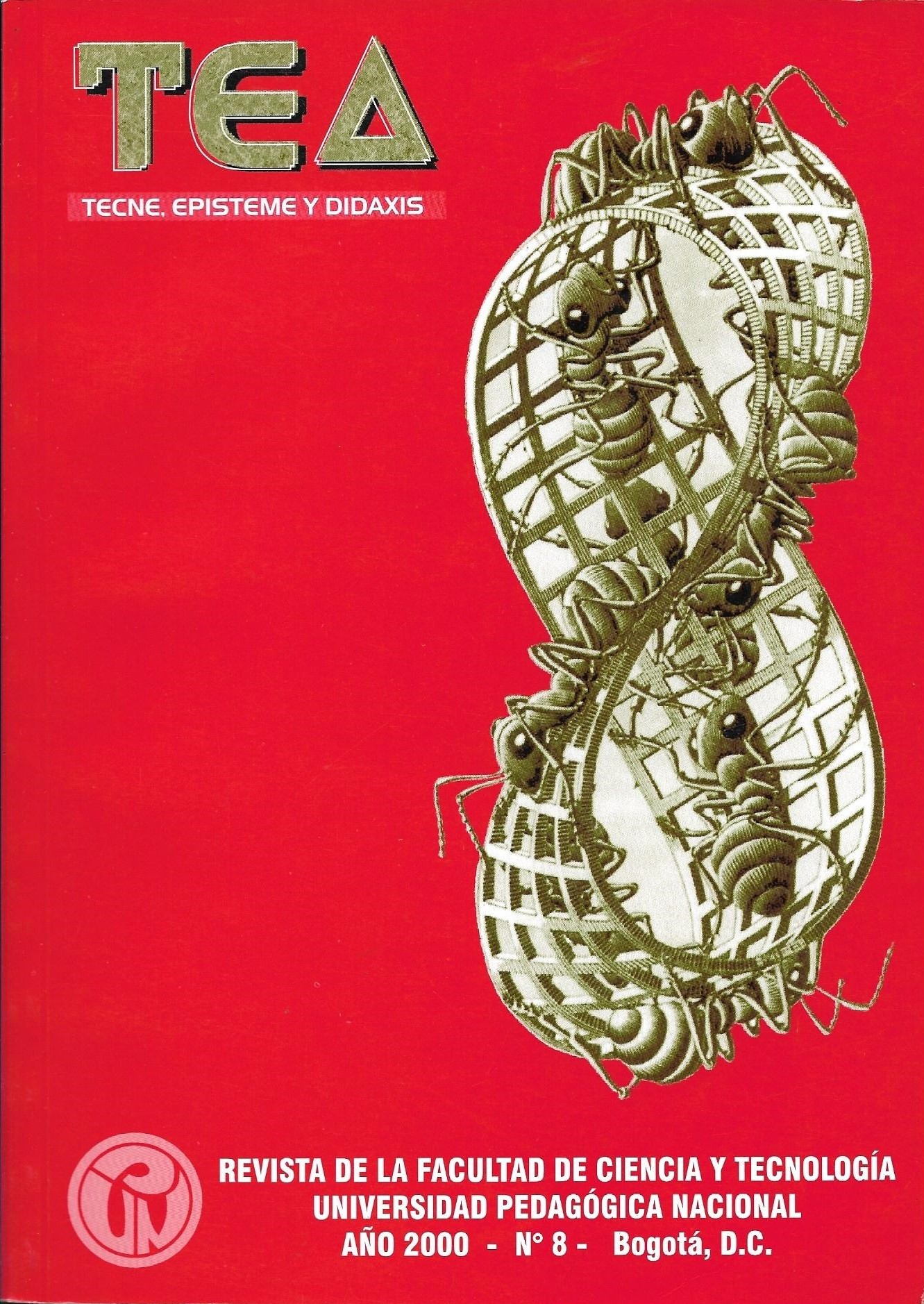INCIDENCIA DE LOS ACTIVADORES DE JUICIOS DE METAMEMORIA Y SUGERENCIAS DE ESTRATEGIAS EN EL APRENDIZAJE AUTÓNOMO
DOI:
https://doi.org/10.17227/ted.num8-5633Resumen
Develop skills for autonomous learning is a challenge for educational systems in the
current knowledge society. ln fact, as information and knowledge production increases
update learning becomes a necessary condition for person and enterprise achievement.
Three questions are at the core of this paper: a- if metamemory judgment activators
increase problem solution; b- lf suggestion of strategy facilitates learning of problem
solving; and c- if strong strategy learning generalizes for handling new problems. An
experimental study was conducted using discovery problems on spatial reasoning. 9
computer games were programmed to support 4 experimental conditions: a) With
metammemory judgment activators and strategy suggestion, b) With meta-memory
judgment activa tors and no strategy suggestion, c) Without meta-memory judgment
activators and with strategy suggestion, and d- With no meta-memory judgment activators
and no strategy suggestion. 150 high school students were randomly assigned to the
experimental conditions. Statistical analysis uses factor analysis of variance and
regression analysis. A simulation program allows reproducing the sequence of transition
states followed by the problem solvers and identifying solution strategies. Metamemory
judgements activators effects are interpreted in the frame of a motivational micro-system.
Strategy suggestion operates after some basic experience on the task environment and
mainly after the first success of solving the problem. Strategy generalization is evident
among the initial stages of the learning curve of different problems.
Descargas
Descargas
Publicado
Cómo citar
Número
Sección
Licencia
Derechos de autor 2017 TED: Tecné, Episteme y Didaxis

Esta obra está bajo una licencia internacional Creative Commons Atribución-NoComercial 4.0.
Todo el trabajo debe ser original e inédito. La presentación de un artículo para publicación implica que el autor ha dado su consentimiento para que el artículo se reproduzca en cualquier momento y en cualquier forma que la revista Tecné, Episteme y Didaxis: TED considere apropiada. Los artículos son responsabilidad exclusiva de los autores y no necesariamente representan la opinión de la revista, ni de su editor. La recepción de un artículo no implicará ningún compromiso de la revista Tecné, Episteme y Didaxis: TED para su publicación. Sin embargo, de ser aceptado los autores cederán sus derechos patrimoniales a la Universidad Pedagógica Nacional para los fines pertinentes de reproducción, edición, distribución, exhibición y comunicación en Colombia y fuera de este país por medios impresos, electrónicos, CD ROM, Internet o cualquier otro medio conocido o por conocer. Los asuntos legales que puedan surgir luego de la publicación de los materiales en la revista son responsabilidad total de los autores. Cualquier artículo de esta revista se puede usar y citar siempre que se haga referencia a él correctamente.





















